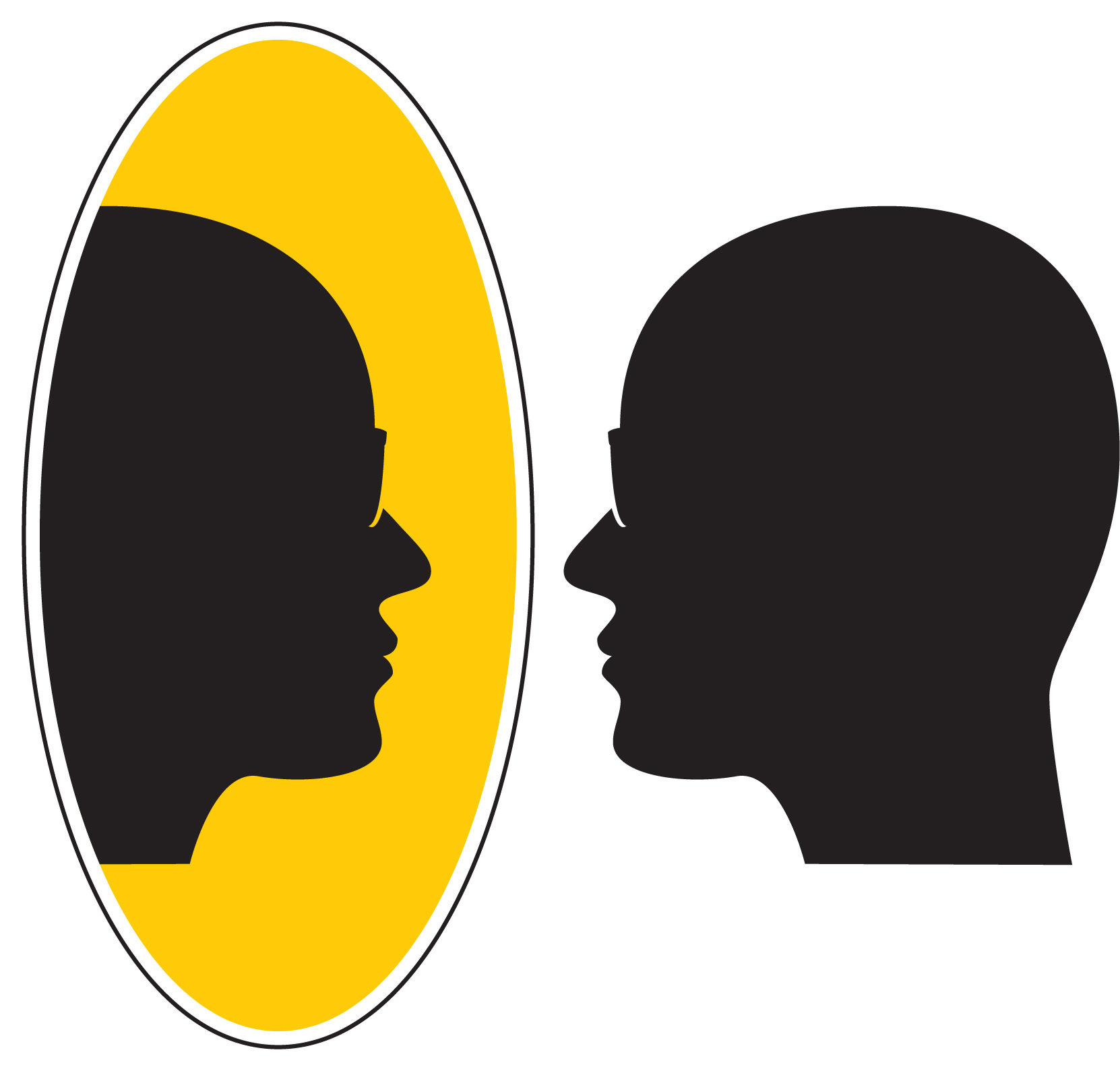Holotopia: Socialized Reality insight
Contents
Holotopia: The Socialized Reality insight
Scope
The Enlightenment liberated our ancestors from an unreserved faith in the Scriptures, and empowered them to use their reason to understand their world. It was a revolutionary change of the way in which truth and meaning were created in our societies that made all other revolutions possible. Could a similar advent be in store for us today?
Once again we look at what tends to remain hidden: the foundations on which knowledge is evaluated and developed, which serve as foundation to everything we create, and everything we are. But these foundations are, as it were, under the ground. They are the invisible value judgement that underlies everything we believe, and everything we do.
We may here go back to our main iconic image, of Galilei in house arrest, and see if we can project it into our own time and situation. It's tempting to think that those people back then were simply stupid: How could they not see that the Earth moves, revolves around the Sun... It is, however, far more interesting and instructive to use this reference to understand the power of socialization; and to ask: Could it be similar in our time?
So the core of our challenge here is to use suitable knowledge of knowledge and 'see ourselves in the mirror'. See how our own way of establishing facts might have also been arbitrarily constructed through socialization—without us seeing that.
Insight
Without thinking, from the traditional culture we've adopted a myth, incomparably more subversive than the myth of creation—the myth that the purpose of knowledge is to show us "the reality" as it truly is.
The insight that we are constructing rather than "discovering" is now so well documented and so widely accepted, that we may consider it the state of the art in science and philosophy. But that's only one half of the story.
The other half is that the reality construction has been the tool of choice of traditional socialization—which has been the leading source of renegade power.
We can choose between the following two ways of rendering the situation that resulted.
 The visible problems are caused by the failing foundations
The visible problems are caused by the failing foundations
One way is to talk about holotopia as doing to knowledge and to our "reality" what architecture did to house construction: We can now consciously found knowledge (instead of building without foundation, on whatever terrain we happen to be)
 The evolution of knowledge has brought us in front of the mirror.
The evolution of knowledge has brought us in front of the mirror.
The other way is to talk about the metaphorical mirror. The hidden thing here is ourselves. We see ourselves—that we are in the world, not hovering above it and looking at it "objectively". This contains two insights: the ending of the myth of "objectivity" and the beginning of accountability.
Corollary 1
"Reality" is a turf! This is one of the core points that Bourdieu left us. It's coded in the formula he keeps repeating, something like "the habitus is a structured structure and structuring structure ... The point is that once you structure the people's reality to be so and so (king is God's ordained ruler, and he owns it all) – then this structure structures the reality for the next king to come. He doesn't need to do it again.
The Odin the Horse vignette comes in here to point to the (potential or actual) absurdity of the turf strife. There may be NO "real" gains whatsoever in victories... only symbolic ones...
Corollary 2
Academic tradition has brought us to the mirror
Socrates started the tradition of epistemology – by instructing people to question the roots of their beliefs. Especially when they are power based. Galilei and others improved the method. The point here is that we need to do this again. Not be busy, but come back to basic questions of meaning and purpose. Stop and self-reflect.
Stories
Albert Einstein
As you might be aware, Einstein in our entire prototype plays the role of an icon of "modern science". What is modern science telling us about epistemology? Here we let Einstein highlight two simple things. See the details in Federation through Stories.
The first is that we cannot rationally claim that our models correspond to "the real thing". That's the meaning of Einstein close watch metaphor.
The second is that the belief that "model equals reality" tends to be a product of illusion. The quotation here is Einstein's "During philosophy's childhood it was rather generally believed that it is possible to find everything which can be known by means of mere reflection. Etc."
Pierre Bourdieu
Bourdieu did not travel to Algeria as a sociologist. In Algeria he became a sociologist—after having an insight; a formative experience. What he saw was exactly how the power morphed from Galilei and Inquisition style persuasion (during the liberation war with France)—to become subtle persuasion though worldview, media, body-to-body transmission (during liberated Algeria's "modernization"). Bourdieu left us a thorough description of the relevant social processes. Let us here, however, only highlight his keyword doxa—which Weber (as one of the founding fathers of sociology) adopted from Aristotle himself (which here appears in the role of the Academia's foremost progenitor of science itself). The insight could not be more basic, and we don't need all those giants to see it; just observe that different cultures have their own "realities", which they consider as doxa that is, as the reality. Of course they are a product of socialization, not of "objective" observation of reality. But can we see that this is true also about our culture's doxa?
Antonio Damasio
Damasio's role here is to help us see how socialization (Bourdieu-style) can serve as a fake, surrogate epistemology. And more. The big point here—coded already in the title of his book "Descartes' Error"—is that we are not rational choice makers. Our pre-conscious, embodied cognitive filter does the pre-choosing for us. And this thing can, and is 'programmed'—(Bourdieu-style), through socialization. A bit of reflection may be needed here, to see what it all means. But the basic big point is that "the reality" is not what it used to be...
Action
Dialog
The first and obvious step is to see our doxas and gestalts for what they are—instead of clinging on to them because they are "the reality". But that means adopting the attitude of the dialog, doesn't it?
Truth by convention
OK—but what about truth, then? What shall we believe in? TB continued.
Stepping through the mirror – with the help of truth by convention and design epistemology.
- Back to Holotopia
